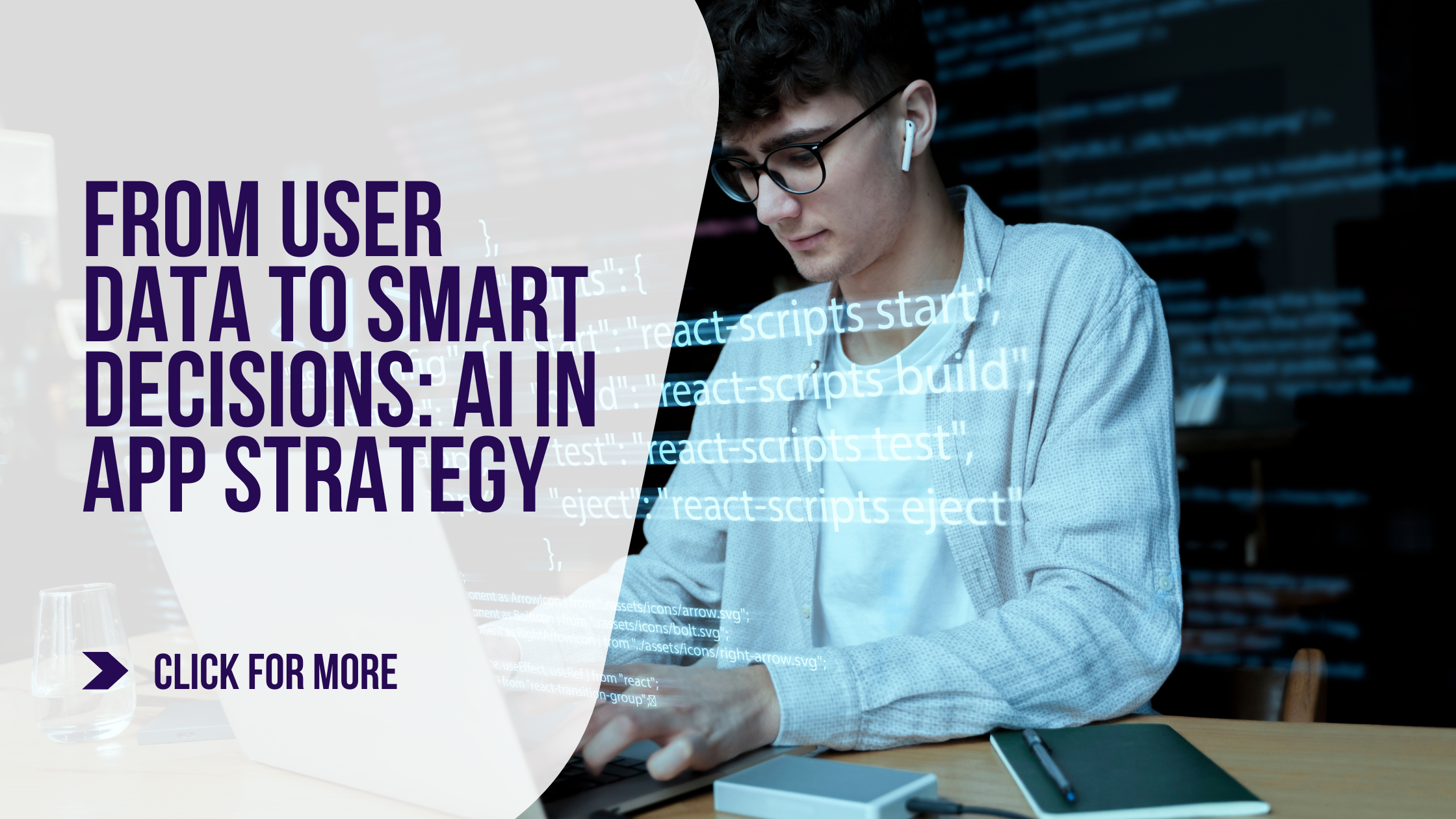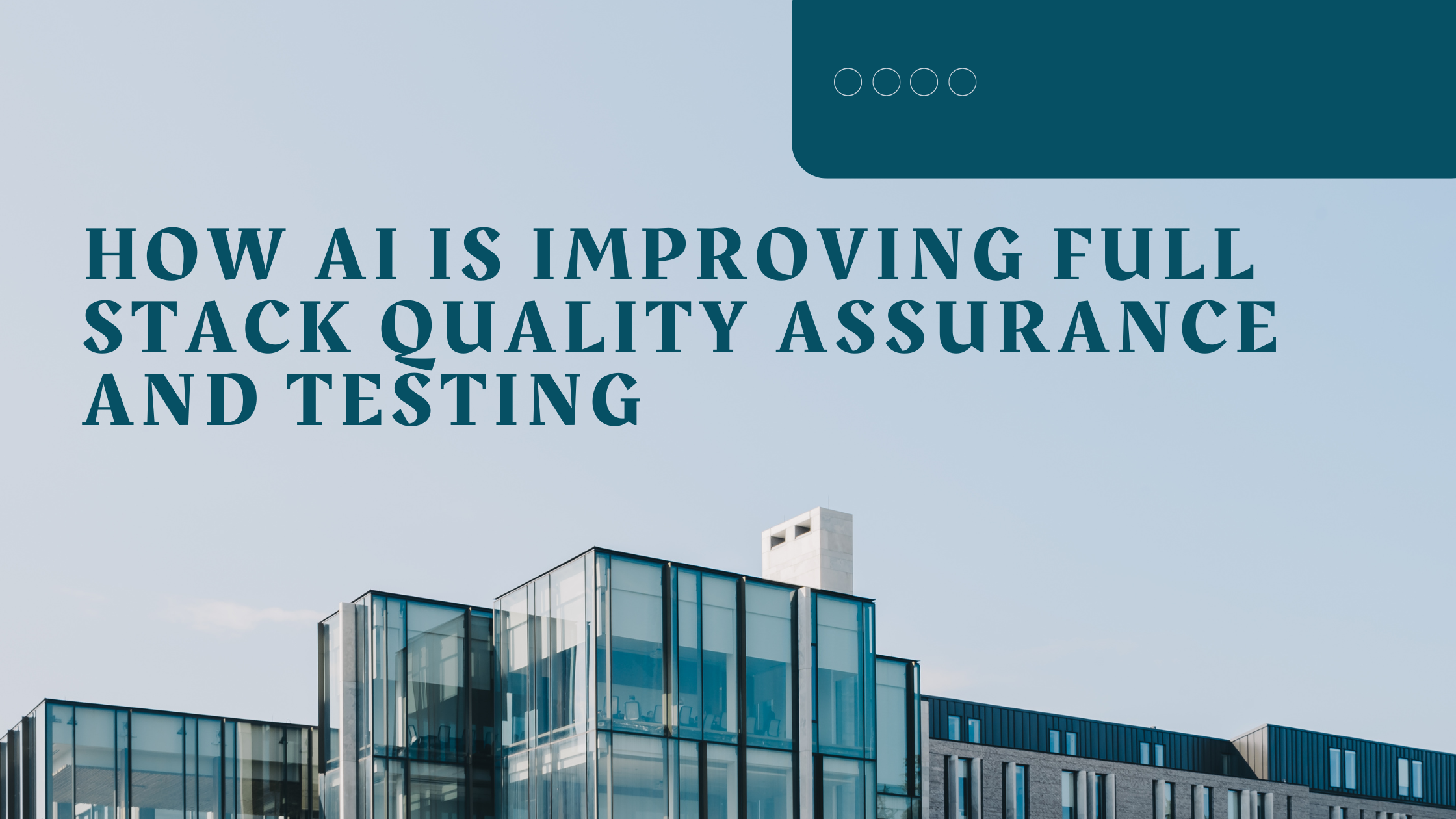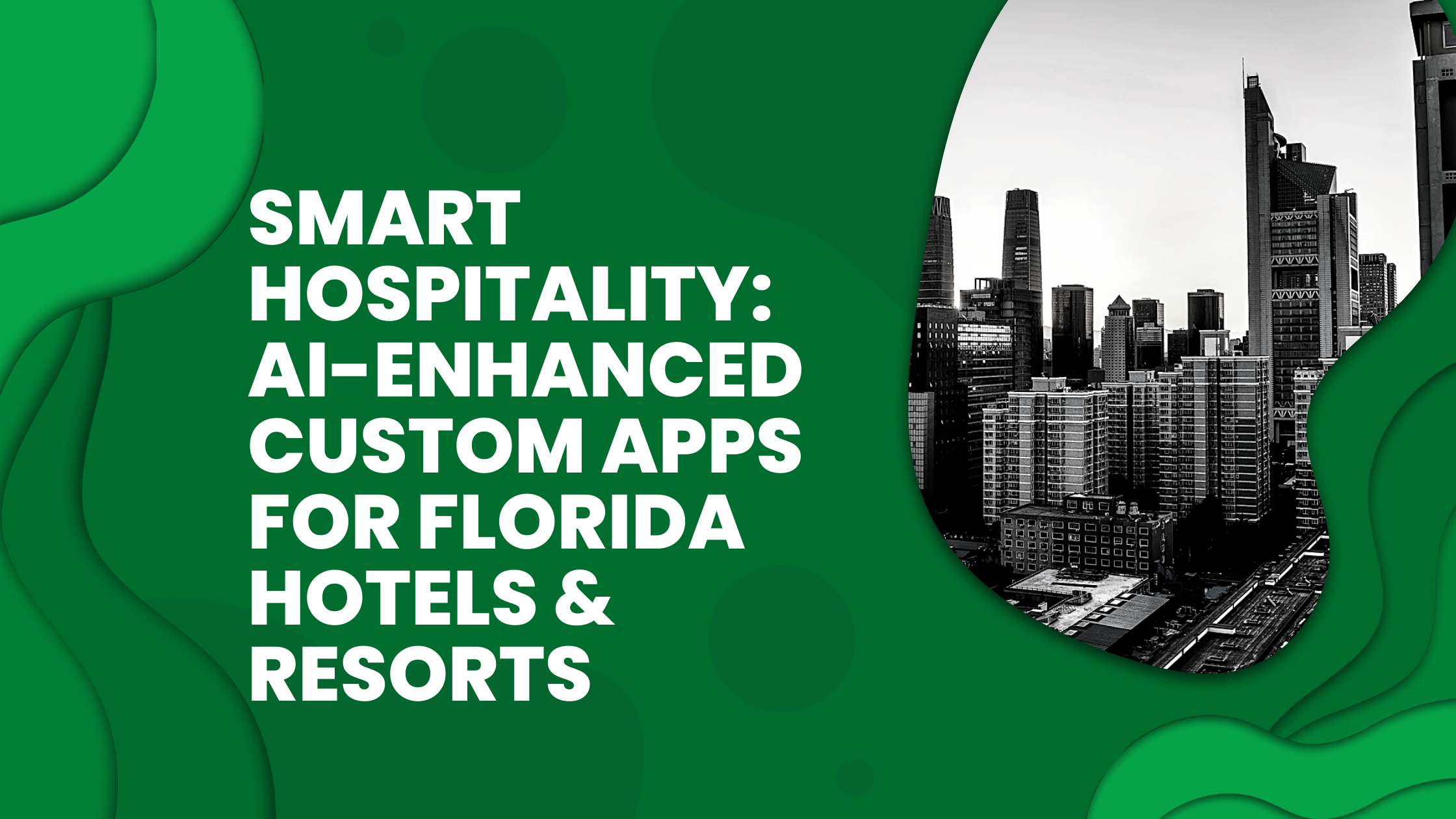From User Data to Smart Decisions: AI in App Strategy

The digital landscape is evolving faster than ever, and one thing that remains certain is the role of data in shaping mobile app strategies. But not just any data—user data. It’s a goldmine, packed with insights waiting to be unearthed. The challenge? Turning this raw information into actionable strategies that drive user engagement, retention, and growth. Enter AI. Artificial Intelligence is the secret weapon that transforms user data into smart decisions, enabling businesses to make precise, data-backed moves that result in enhanced user experiences and higher returns on investment.
In this blog, we’ll explore how AI is revolutionizing mobile app strategies. We’ll break down how AI analyzes user data, uncovers patterns, and helps businesses make smarter, more informed decisions. If you’re looking to understand how AI is shaping the future of mobile apps and how to leverage it to stay ahead, you’re in the right place.
The Power of Data in Mobile Apps: Understanding the Foundation
Data, data, data. It’s everywhere. For mobile app developers, data isn't just a buzzword—it’s the cornerstone of everything. Every tap, swipe, and click made by users generates valuable data that, when properly analyzed, offers a window into user preferences, behaviors, and needs. This data provides a roadmap for enhancing app functionality, improving design, and optimizing marketing strategies.
But let’s face it—raw data by itself doesn’t mean much. It’s the analysis, the context, and the insights that make it valuable. That’s where AI steps in.
The Shift from Raw Data to Insights
The problem with raw data is that it’s often overwhelming. Users might interact with your app in ways that generate millions of data points—some of which are important, but many are noise. To make sense of all this data, businesses need AI-powered analytics.
AI can process vast amounts of user data quickly and efficiently, identifying trends and providing actionable insights. Instead of spending hours manually sifting through data, AI can flag significant patterns—like the features that users engage with the most or points in the app where they drop off.
But AI doesn’t just identify patterns. It can also predict future behavior based on past interactions. This predictive power allows businesses to be proactive, anticipating user needs before they arise.
How AI Turns Data into Strategy: The Mechanics Behind the Magic
Now that we understand the importance of data, let’s explore how AI takes over the heavy lifting to turn that data into strategy.
1. User Behavior Analytics
AI can track and analyze user behavior across various touchpoints within an app. Whether a user spends most of their time browsing a specific feature or abandons their cart right before checkout, AI can give businesses a granular view of how users are interacting with their app.
Using machine learning algorithms, AI recognizes patterns in user behavior. For example, if a user regularly engages with certain features or interacts with specific content, AI can recommend similar products or services to enhance the user experience.
Moreover, AI can segment users based on behavior, allowing businesses to personalize app experiences. For instance, an e-commerce app might show personalized offers to users who have previously browsed certain categories but never made a purchase. This targeted approach improves the chances of converting users into customers.
2. Personalization at Scale
One of the biggest advantages of AI in mobile app strategy is its ability to deliver highly personalized experiences on a large scale. Think about it—users expect apps to cater to their individual needs, whether it’s in terms of content, product recommendations, or in-app interactions.
With AI, personalization becomes seamless. By analyzing data from a user’s interactions, AI can tailor the app experience to suit individual preferences. This could include recommending content based on previous searches or suggesting features the user might not have noticed before. In an e-commerce app, for instance, AI can recommend products based on past purchases or browsing history.
Personalization doesn't just boost user experience—it also drives user retention. The more tailored the experience, the more likely users are to stick around.
3. Predictive Analytics: Anticipating User Needs
Predicting user behavior is one of the most exciting capabilities of AI. With predictive analytics, AI doesn’t just analyze what users have done; it anticipates what they might do next. This is particularly useful for predicting user churn, identifying the likelihood of a user making a purchase, or forecasting when a user might engage with the app again.
For example, if AI detects a pattern where users who haven’t opened the app in over a week are more likely to abandon it, it can trigger a personalized re-engagement campaign to pull them back in. Similarly, predictive analytics can be used to forecast sales trends, helping businesses stock up on popular items or run timely promotions.
Making Smarter Decisions with AI: Real-World Applications
AI in mobile apps isn't a far-off future; it's happening right now. Here are a few examples of how AI-powered data analysis is being used in real-world apps to drive smarter decisions:
1. Spotify: Personalizing Music Recommendations
Spotify’s recommendation algorithm is one of the best-known examples of AI at work. The app analyzes user listening habits, favorite genres, and even skipped songs to create personalized playlists, like “Discover Weekly” and “Release Radar.” Through this, users not only enjoy content tailored to their tastes, but Spotify also enhances engagement, keeping users coming back for more.
The real genius here is how Spotify’s AI takes into account not just what you’ve listened to, but what others with similar tastes are listening to, further refining the recommendations and providing a more dynamic listening experience.
2. Netflix: Content Recommendations Based on Viewing Behavior
Much like Spotify, Netflix uses AI to recommend movies and TV shows based on what a user has watched before. By analyzing viewing patterns, AI can suggest shows or films that the user might enjoy based on ratings, similar themes, or even the time of day they typically watch content.
But Netflix goes further by using AI to adjust the interface for each user, tailoring the thumbnails, promotional banners, and even categories based on personal preferences. This type of hyper-personalization keeps users engaged and less likely to abandon the service in favor of competitors.
3. Amazon: Optimizing Product Recommendations
Amazon’s success is built in part on its ability to recommend the right products at the right time. By analyzing user purchase history, browsing patterns, and even seasonal trends, Amazon’s AI engine suggests products that are highly relevant to the user.
This personalization extends to promotional offers as well—offering discounts based on past buying behavior or bundling products that users are likely to purchase together. This not only improves the user experience but drives higher sales and customer satisfaction.
AI in App Strategy: A Game-Changer for Business Growth
The real power of AI is in its ability to drive business growth through data-driven decisions. With AI analytics, businesses can:
- Enhance user retention by identifying at-risk users and proactively re-engaging them.
- Boost revenue by personalizing product recommendations and promotions to increase conversions.
- Improve app performance by continuously learning from user data and refining the app experience in real-time.
For businesses, AI is no longer just a tool to collect data—it’s an essential part of the strategy to optimize user experience, increase customer satisfaction, and stay competitive.
The Role of AI in Marketing Strategy: Beyond the App
AI’s influence doesn’t stop within the app itself. It extends into marketing strategies that can drive app growth. AI analytics can help businesses understand how users are interacting with ads, which campaigns are the most effective, and which channels are yielding the highest ROI.
For example, AI can analyze data from various marketing platforms to determine which user segments respond best to specific ad content. It can also automate marketing strategies, adjusting campaigns in real-time based on user behavior. This level of automation and optimization means businesses can make more informed marketing decisions that improve the app’s visibility and user acquisition.
Conclusion: Embracing AI for Smarter App Strategies
The future of mobile apps is driven by data, and AI is the key to unlocking the true potential of that data. By using AI to analyze user behavior, predict trends, and personalize experiences, businesses can craft smarter app strategies that lead to greater user engagement, retention, and ultimately, revenue.
As the mobile app market becomes increasingly competitive, the ability to make data-backed decisions will be a major differentiator. To get started, businesses should consider partnering with a team that offers expert app development services in Atlanta. Whether you're developing a new app or optimizing an existing one, leveraging AI analytics will put you on the path to success.
Note: IndiBlogHub features both user-submitted and editorial content. We do not verify third-party contributions. Read our Disclaimer and Privacy Policyfor details.




